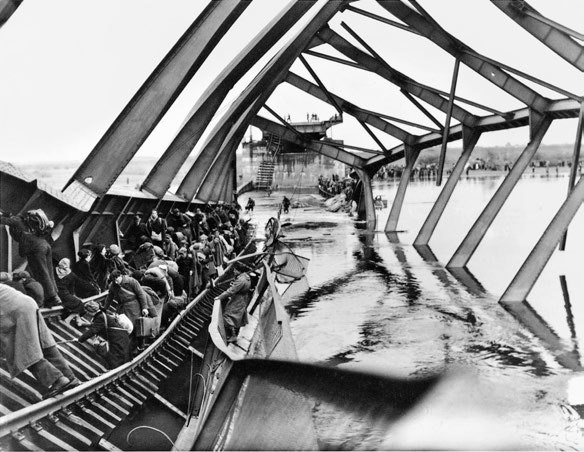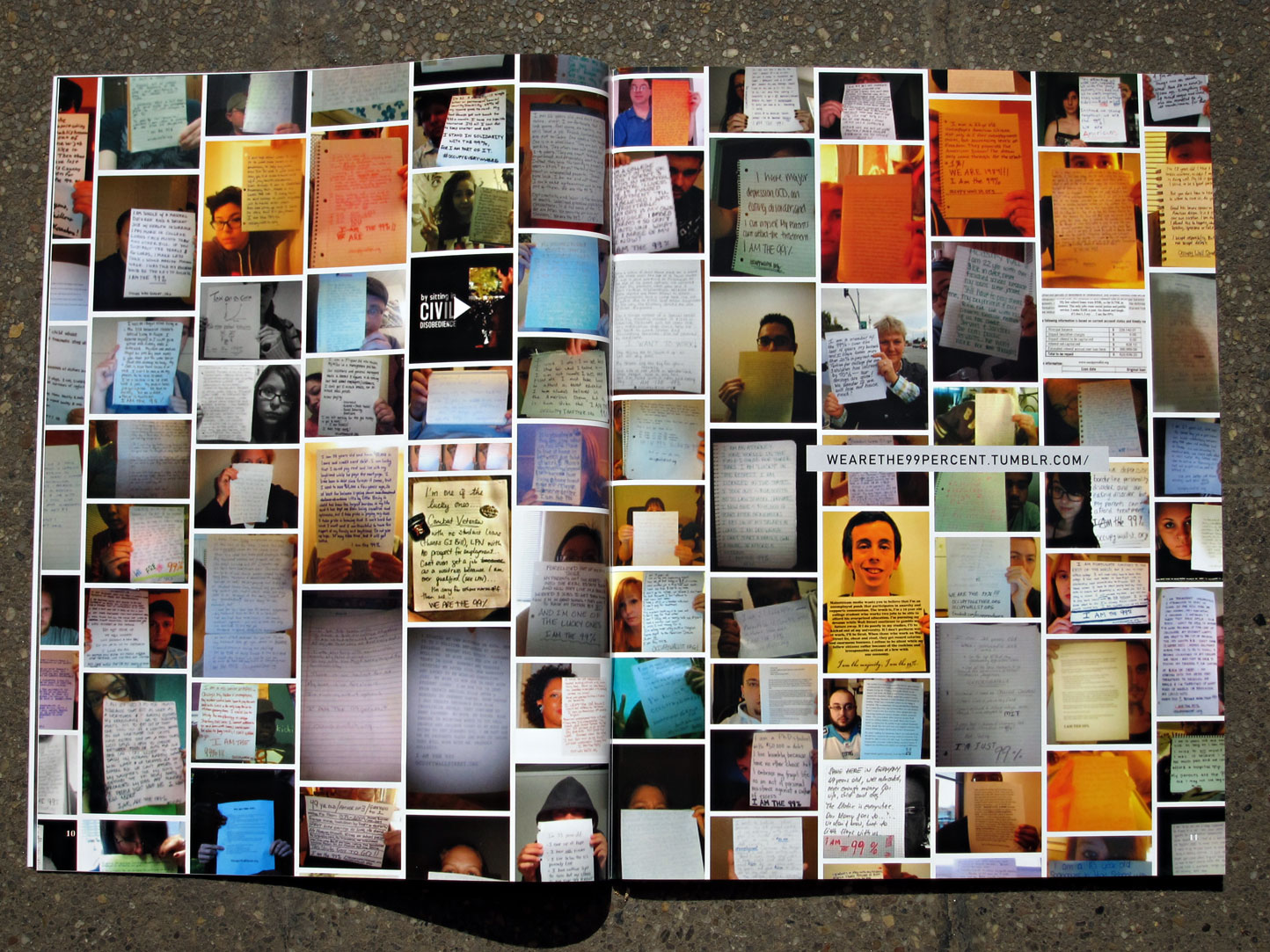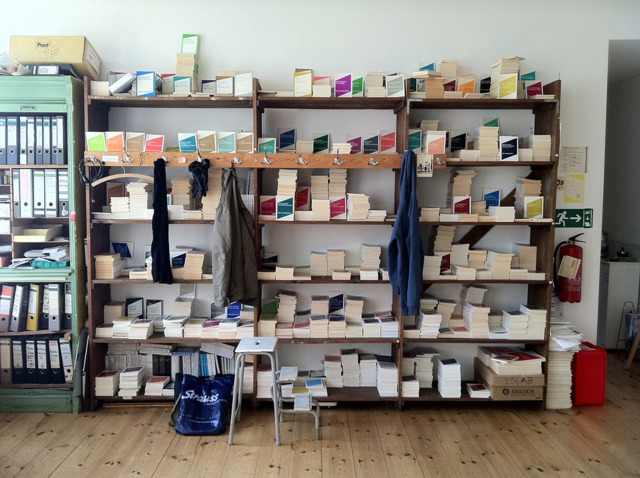Data Futures

October 16 2020, 15:00 – 16:00 CEST
RDA IG-PTTP and Frankfurter BuchMesse #20: Preserving and Annotating Publishers’ Data
Presenters: Peter Cornwell (ENS-Lyon, IMCC, Data Futures), José Gonzalez (CERN), Tom Lamberty (Merve Verlag)
Details on how to register and participate here and here.
The second seminar of this series, co-organized with the Frankfurt Book Fair, addresses digital preservation solutions for the publishing enterprise. Presenting experience from the 2015-2020 open access project of Merve Verlag—winner of the 2020 German Publishers’ Prize—the seminar focusses on delivering the full book content of the publisher catalogue: creation of technology-agnostic digital editions; open access and support of the research community; and strategies for future-proof accessibility and long-term preservation.
The preservation trajectory also addresses digital capture and accessibility for historic information about the publisher, such as author and rights correspondence, launches, events and archives—although this will be addressed in a subsequent event.
Tom Lamberty, managing director of Merve, will present strategies for creating a publishing data resource—from digitization of out-of-print books, as well as conversion of current publications originated digitally using tailored re-delivery workflows, to produce a digital corpus to support conventional print and distribution, print-on-demand and a digital edition which can supply both open reading access and the research community.
Peter Cornwell, research fellow at ENS-Lyon and the Institute for Modern and Contemporary Culture at the University of Westminster, and director of Data Futures GmbH, addresses development of multi-function online access using the International Image Interoperability Framework (IIIF). Automated production of IIIF services from publishers’ digital editions supports not only existing and future electronic reading applications, but also new research platforms generating preservable Web Annotation Data Model collections, which can be output directly to repositories.
José Gonzalez, head of repository technologies at CERN, charts the history as well as current developments surrounding long-term access and preservation technologies for research data in the physical and life sciences. Since the 1960s, increasing data volumes and enormous international research investment has driven continuous preservation efforts focussing on software engineering, and CERN has become a prominent developer and user of reliable data repositories. Its technology now underpins the Zenodo global catch-all repository for research data, and the forthcoming release of InvenioRDM gives new communities such as the publishing sector radical new data distribution and preservation opportunities.
This seminar, which is part of the 20th Frankfurt Book Fair programme, is intended as an introduction to creation and deployment of new data resources from existing publisher data and especially, long term operation and maintenance aspects— to ensure preservation of investment in such activities. Organized jointly with the Preservation Tools, Technologies and Policies (PTTP) Group of the Research Data Alliance, a series of more specific seminars, shaped according to participant feedback is planned in early 2021 as part of RDA’s ongoing program. An update on this seminar will be included in the annual RDA Plenary 16 meeting, November 9th-16th. The second seminar of this series, co-organized with the Frankfurt Book Fair, addresses digital preservation solutions for the publishing enterprise. Presenting experience from the 2015-2020 open access project of Merve Verlag—winner of the 2020 German Publishers’ Prize—these talks proceed from creation of a homogeneous digital corpus, to adoption of APIs for future-proof internet access and platforms for scholarly research, and long-term preservation. The seminar focusses on delivering the full book content of the publisher catalogue—three talks will present this activity.

The Data Futures project is pleased to announce the establishment of the Kluge Digital Resource (KDR). Based on the IMCC’s collaboration with the Alexander Kluge Foundation, dating back to 2014, the Kluge Digital Resource, which comprises texts, images, out of print books, and more than 3,000 films and videos, is being made available to the wider academic community. The KDR is currently being delivered to collaborating institutions including the Universities of Princeton and Westminster, but will eventually form a public service supporting the emerging field of Kluge Studies, and has recently welcomed Cornell University Library as a founder member, so confirming the KDR as the comprehensive international reference for Kluge Studies.
Watch this space for further information …
Cornell University Library joins the Kluge Digital Resource (KDR) project press statement: https://www.data-futures.org/dl/cornell_press.pdf

Data Futures @ the IMCC is very proud to report its involvement in Fotomuseum Winterthur’s launching of a new visual identity on February 26th of this year, including the redesign of its website and the building of an innovative digital asset management system.
Photography is changing rapidly, extending its capacities in relation to computational technologies and the power of data communications. No longer defined by the relative singularity of the chemical image, digital photography increasingly mixes still and moving forms and is subject to unpredictable transformation and replication. In the algorithmic age photographic imagery is extensively distributed and shaped by incessant change. Connections and interactions between global systems are becoming dominant factors.
Fotomuseum has decided to respond decisively to these changes by creating a new visual identity adequate to an extended notion of the photographic. Museums now comprise vast digital infrastructures, and central to the project has been the renovation of Fotomuseum’s old website. Together with Simon Davies, the web engineering firm Systemantics was engaged and Fotomuseum’s website has been completely redesigned. It now presents the activities of Fotomuseum more clearly, with a strong emphasis on the visual content of the museum. A variety of social media has been embedded in the site and a video channel launched to archive interviews and presentations conducted at the museum. Fotomuseum has amassed significant content over the years and this can now be accessed through a search function that aggregates results across the whole website. More content from Fotomuseum’s history will be added over the next six months. The final result is a website that is packed full of information, easier to use and more visually engaging for online visitors.
Fotomuseum’s digital content has been managed up until now by multiple IT platforms. Like internet technologies, these platforms are constantly evolving, but they have also created isolated silos of information requiring complex integration if data is to be shared and sustained. Fotomuseum has taken the radical step of moving beyond specific IT products for functions such as the online collection, blogs and the publication archive, and has built a unified fully-linked and sustainable digital asset management system (DAMS). Collaboration with the Data Futures consortium, based at the University of Westminster, enabled automated transformation of data from Fotomuseum’s multiple IT systems into a single corpus which now provides access to Fotomuseum’s many assets for the new website. Data Futures’ open source freizo migration software ensures the sustainability of the Fotomuseum DAMS over many decades, independent of the website. It has built a future-proof foundation for new services such as metadata harvesting by other institutions and interfaces for scholarly research.
Duncan Forbes, Fotomuseum Director, said: “We are very proud of this transformation and believe we’ve designed an identity for Fotomuseum which enhances its reputation as a leading venue for photography, as well as being both playful and intellectually challenging. Furthermore, for a mid-sized museum our digital infrastructure is now one of the most advanced in Europe”.
For further information about the project, please contact Fotomuseum at presse@fotomuseum.ch
Fotomuseum Winterthur Grüzenstrasse 44 + 45 CH-8400 Winterthur + 41 (0)52 234 10 60

IMCC’s Data Futures project launches its Merve Electronic Back-Catalogue at the Frankfurt Book Fair.
In collaboration with Berlin publisher Merve Verlag and Hybrid Publishing Consortium, IMCC has re-delivered more than a hundred previously out of print books in three independent electronic formats – book-in-browser, ePub2 and PDF – plus print-on-demand. Initially a research project accessible at http://merve.consortium.io using a workflow developed by Data Futures using its freizo software platform, the project is now focusing on reader customization of the texts and internet delivery models.
Data Futures has imported the original books as Optical Character Recognition (OCR) files and created a workflow for contributors in several countries to address OCR errors and to markup structure, such as chapter headings, illustrations, footnotes and citations. freizo then exports html5 which can be processed and re-paginated into multiple formats.


The Institute for Modern and Contemporary Culture
University of Westminster Department of English, Linguistics and Cultural Studies
32-38 Wells Street, London W1T 3UW. United Kingdom.
